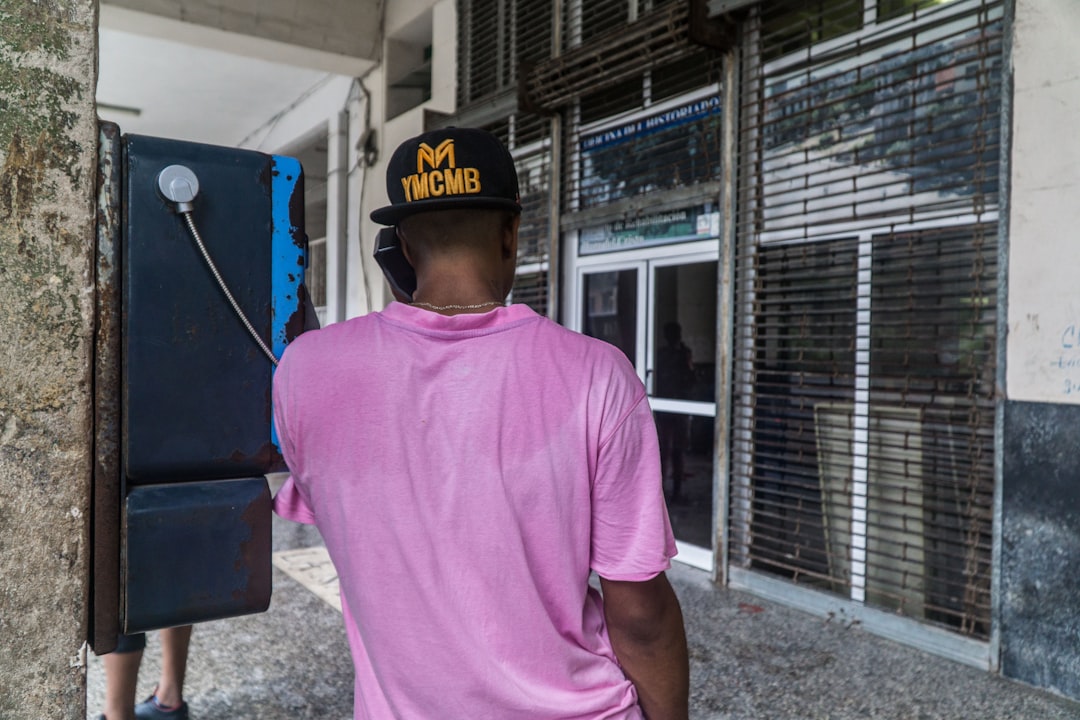West Virginia's Division of Labor and Industry (DLI) regulates telemarketing practices, including those by moving companies, through consumer protection laws like the Telephone Consumer Protection Act (TCPA). Residents can opt-out of unsolicited calls via a "do-not-call" list. No Call Lawyer West Virginia specialists help resolve legal issues related to TCPA violations, with businesses facing penalties up to $10,000 and consumers able to seek damages for unauthorized calls.
In the dynamic world of moving services, understanding telemarketing laws is crucial for both companies and consumers alike. This comprehensive guide delves into the legal landscape surrounding telemarketing practices in West Virginia, with a specific focus on no-call lists and consumer rights. From do’s and don’ts for outbound calls to the consequences of violations, this article equips you with essential knowledge to navigate the regulations effectively. For those seeking guidance from a No Call Lawyer West Virginia, this is your go-to resource.
Telemarketing Laws: West Virginia Overview

In West Virginia, telemarketing laws are governed by the state’s consumer protection regulations, aiming to safeguard residents from intrusive or deceptive sales practices. The West Virginia Division of Labor and Industry (DLI) oversees these rules, ensuring compliance with the Telephone Consumer Protection Act (TCPA). One key aspect is the “do-not-call” list, where individuals can register their phone numbers to opt-out of unsolicited calls, including those from moving companies or telemarketers.
For No Call Lawyer West Virginia services, understanding these laws is crucial. Residents who feel their rights have been violated by persistent telemarketing calls, especially from moving companies, can take action. Hiring a legal expert specializing in telemarketing law can help navigate the complexities of the TCPA and ensure that businesses adhere to the “do-not-call” regulations, providing much-needed relief to consumers.
No Call Lists and Moving Companies' Obligations

Many moving companies are unaware of their obligations regarding no-call lists, particularly in West Virginia. The Telephone Consumer Protection Act (TCPA) and state laws like those in West Virginia restrict telemarketing practices to protect consumers from unwanted calls. Moving companies must respect these restrictions, especially when it comes to consumer consent.
Companies operating in West Virginia are prohibited from making phone calls to numbers on the National Do-Not-Call Registry unless the caller has prior business relationships with the recipient or obtains explicit consent. No-call lists help ensure that consumers can enjoy peace of mind and avoid unwanted solicitation, especially during potentially stressful times like a move. Moving companies should implement robust internal policies to ensure compliance, including training staff on consumer privacy laws and obtaining proper consent before making any marketing calls.
Do's and Don'ts for Outbound Calls

When making outbound calls, especially in the moving industry where consumers can be vulnerable during a stressful time, it’s crucial to understand and adhere to telemarketing laws. Here’s a quick guide on what to do and what not to do.
Do obtain prior consent from potential clients before initiating a call. This is essential under the Telephone Consumer Protection Act (TCPA). Use ethical marketing tactics such as offering valuable information, providing clear opt-out options, and respecting consumer choices. Avoid making calls after 9 p.m. or before 8 a.m., unless the caller has agreed to receive them at those times. Lastly, ensure your representatives are well-trained, polite, and able to answer questions about services and policies, including any potential legal implications from No Call Lawyer West Virginia.
Consent and Withdrawal: Rights of Consumers

Consumers have a significant right when it comes to telemarketing calls, especially from moving companies or their representatives. In many jurisdictions, including West Virginia, businesses are required to obtain explicit consent before making automated or prerecorded phone calls. This means that if a consumer does not give clear and voluntary permission for such interactions, no call lawyer services in West Virginia can help them enforce their rights.
The right to withdraw consent is another crucial aspect of consumer protection. Consumers can change their minds at any time and request to stop receiving telemarketing calls. Companies must provide an easy and accessible way for individuals to opt-out, often through a simple phone call, email, or online form. By respecting these preferences, moving companies and their sales teams ensure they remain compliant with telemarketing laws, protecting both themselves and the rights of consumers.
Legal Consequences for Violations in WV

In West Virginia, telemarketing laws are strictly enforced to protect consumers from unwanted calls and deceptive practices. Violations can lead to severe legal consequences for moving companies and their representatives. If a No Call Lawyer West Virginia is breached, businesses may face substantial fines, typically ranging from $500 to $10,000 per violation, depending on the severity of the infraction. These penalties are designed to deter companies from making unsolicited calls and ensure compliance with consumer protection regulations.
In addition to financial penalties, moving companies found guilty of telemarketing violations may be subject to legal actions brought by affected consumers. Victims can seek damages for emotional distress, loss of privacy, or any financial losses incurred as a result of the unauthorized calls. Such lawsuits can lead to significant compensation awards, further emphasizing the importance of adhering to telemarketing laws in West Virginia.






